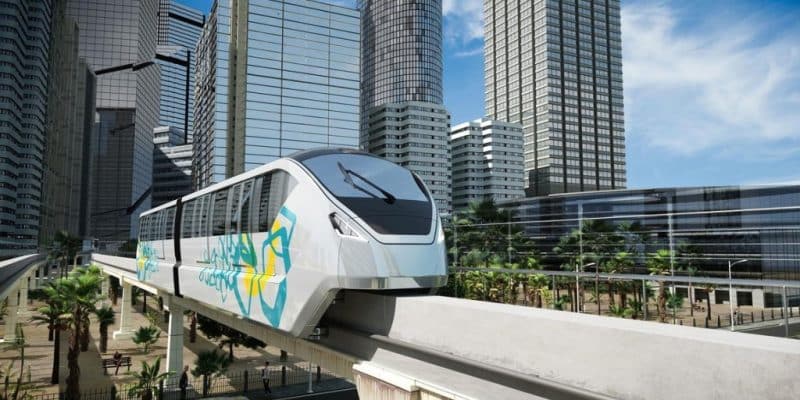Faced with air pollution in several African cities, a coalition led by the French multinational transport company Alstom will implement a strategy to promote sustainable mobility on a continental scale.
“In order to cope with the demographic explosion in Africa over the next few years, it is important to popularise cleaner mobility solutions. With these words, the French multinational railway company Alstom announces its alliance with the Executive Council for Sustainable Urban Transport (CETUD) based in Dakar, Senegal.
The project focuses on the development of an integrated and multimodal urban transport network that aligns with the challenges of the dual energy and digital transition in Africa in order to promote ecological mobility on the continent.
The initiative, which will use the solutions of the Alstom University training centre, is also supported by the Platform of African Mobility Authorities (UATP) created in 2002 in Lomé, Togo. Thanks to its network of professionals in the public transport of people and goods, the organisation based in Abidjan, Ivory Coast, will raise awareness in several African countries of the positive impact of sustainable urban mobility in a context marked by demographic growth and air pollution from thermal vehicles.
“We want to contribute to federate around our partners the actors who work for the development and financing of African railway projects with its innovative, green, intelligent and economically efficient solutions,” says Mama Sougoufara, Alstom’s Managing Director for the Middle East and North Africa (MENA).
Decarbonising the urban transport system
Alstom supports ecological mobility in several African countries, notably in Morocco, where it delivered twelve high-speed trains (TGV) in 2018 to the Office National des Chemins de Fer (ONCF), making the kingdom the first African country to experiment with this less polluting mode of transport. In 2019, Alstom also contributed to the supply of rolling stock for the first metro line in Ivory Coast, running 37 kilometres from Abidjan. In Senegal, the company successfully launched trials of the Regional Express Train (TER) project in 2018.
Read also-SENEGAL: Meridiam to manage Dakar’s electric rapid bus network from 2023
This support comes at a time when Senegal is implementing the Bus Rapid Transit (BRT) project in the city of Dakar. As part of this project, the Chinese company CRRC Corporation, which builds and maintains transport equipment, will deliver 121 electric buses to CETUD in March 2023. This acquisition, piloted by the BRT concessionaire Dakar Mobilité, also includes batteries with a capacity of 563.8 kWh for each vehicle, as well as the installation by CRCC of 23 recharging stations spread across 14 councils in the Senegalese capital.
Benoit-Ivan Wansi






